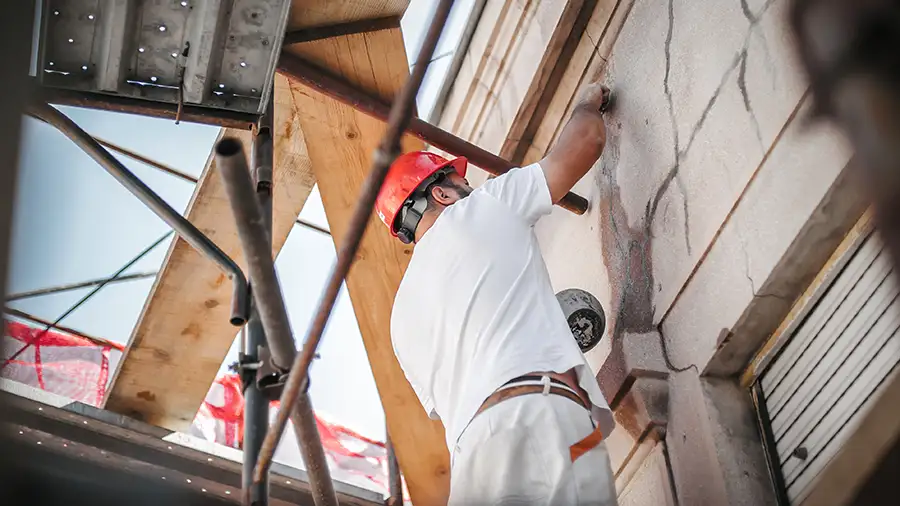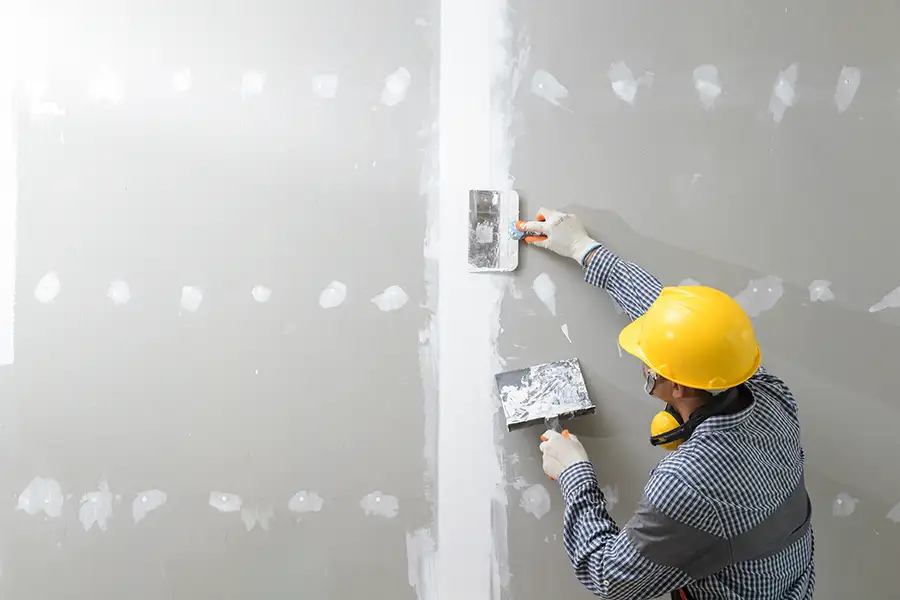The Role of Essential Systems in Today’s Buildings
In modern construction, the integration of various systems is crucial for the functionality and sustainability of a building. These systems go beyond basic structural design, encompassing the elements that ensure convenience, safety, and efficiency. With advancements in technology and an increased focus on energy efficiency, understanding these components has become vital for architects, engineers, and developers. By exploring the key aspects and benefits of integrating these systems, you can better appreciate their impact on modern construction projects.

What Are Essential Systems?
Essential systems, often referred to as building services, are the components that make buildings livable and functional. This includes heating, ventilation, air conditioning (HVAC), plumbing, electrical systems, and more. Each system plays a specific role in maintaining comfort, safety, and utility within a structure. For instance, HVAC systems regulate indoor temperature and air quality, while plumbing ensures water supply and sanitation. Together, these elements support the smooth operation of any facility.
The Significance of Building Services
The importance of building services cannot be overstated. They not only enhance the comfort and usability of a space but also contribute significantly to its energy efficiency and environmental impact. Efficient HVAC systems reduce energy consumption, while modern electrical setups incorporate smart technology to minimize waste. Properly designed and maintained services ensure compliance with safety standards and regulations, protecting both occupants and the environment.
Challenges in Implementing Essential Systems
Implementing these systems in construction comes with challenges. Coordinating different components requires precise planning and execution. Potential issues include budget constraints, design limitations, and compatibility concerns. For example, integrating advanced technology into older buildings can be complex and costly. Additionally, there’s the need to meet evolving regulatory requirements, which demand adaptive solutions from industry professionals.
Effective Solutions for Successful Integration
To tackle these challenges, several strategies have proven effective. Engaging experienced professionals who understand the nuances of each system is critical. Using integrated design processes can help align various components seamlessly. It’s also beneficial to stay updated with technological advances that offer more efficient alternatives. Regular maintenance and proactive problem-solving further ensure long-term success in system implementation.
Best Practices for System Management
Managing these essential systems involves adhering to best practices tailored to their specific functions. Here are some general tips:
- Regularly inspect and maintain HVAC units to optimize performance.
- Upgrade electrical systems with energy-efficient fixtures.
- Ensure plumbing installations comply with the latest codes.
- Incorporate smart technologies for monitoring and control.
- Engage qualified technicians for routine checks and repairs.
These practices help maintain system integrity while maximizing operational efficiency.
Industry Standards and Compliance Needs
Compliance with industry standards is paramount in modern construction. Regulations govern everything from installation procedures to performance benchmarks. Adhering to these standards ensures safety, reliability, and quality across all systems. For instance, HVAC installations must comply with ASHRAE guidelines, while electrical works follow NEC standards. Staying informed about these requirements helps avoid potential legal issues and enhances overall project credibility.
Cost Considerations in System Integration
Integrating these systems impacts project budgets considerably. Costs vary depending on the complexity of requirements, materials used, and labor needed. However, investing in high-quality systems can yield substantial returns through improved energy efficiency and reduced operational costs over time. Considerations should include initial expenses versus long-term savings to ensure value for money spent.

Your Path to Improved Building Functionality
As you navigate modern construction projects, understanding the role of essential systems becomes invaluable. At Revival Contracting Inc, we specialize in providing comprehensive service solutions tailored to your needs. Located in Shelby Charter Twp, MI, our team is dedicated to ensuring every aspect of your project runs smoothly. Contact us today at (586) 248-4390 to explore how we can support your next venture.
